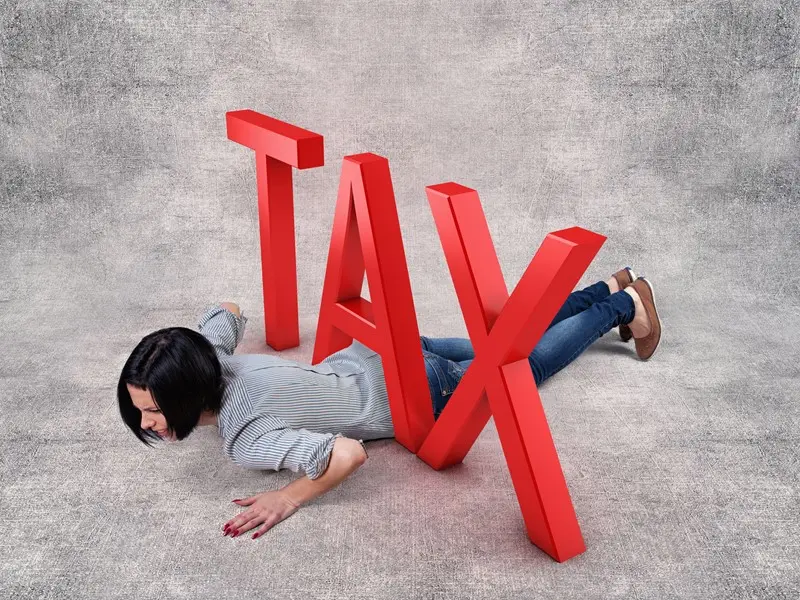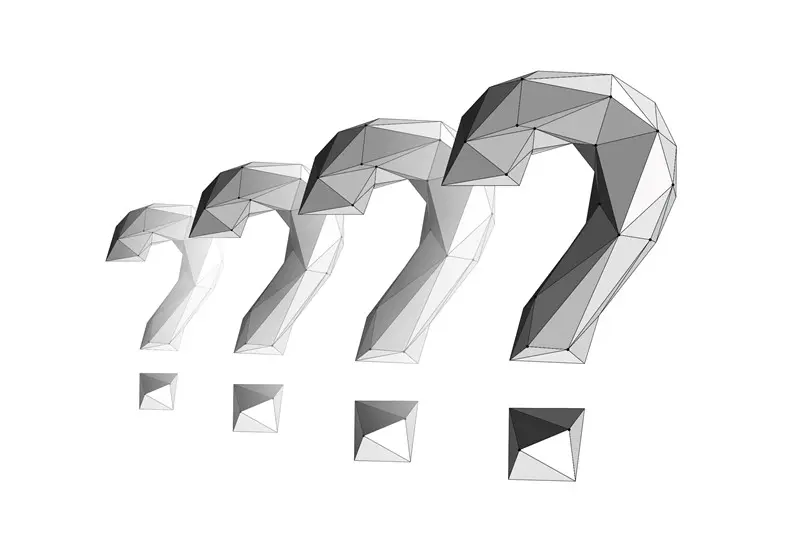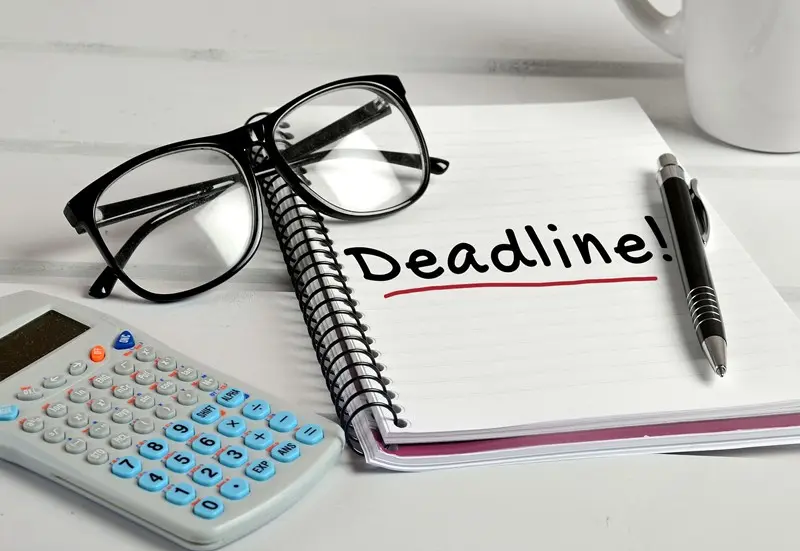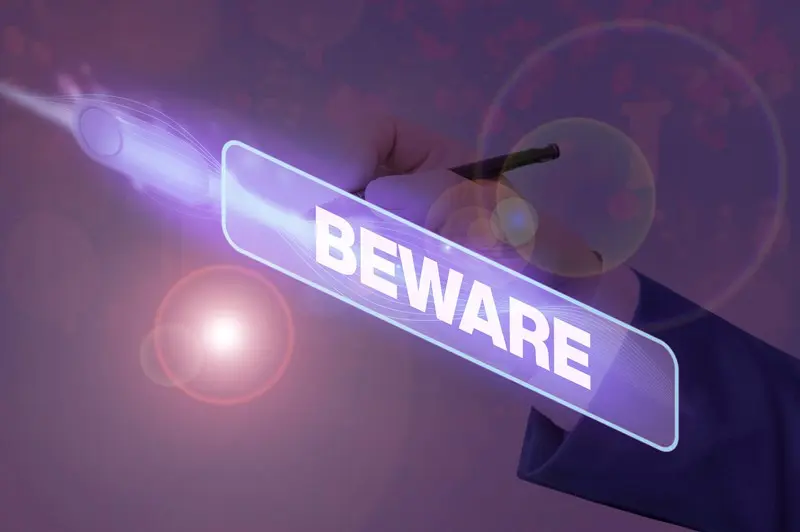Should you pay tax on selling goods online?

HMRC has published new guidance for taxpayers that regularly sell goods or services through an online marketplace. The guidance makes it clear that this activity could be treated as a ‘trade’ for UK tax purposes. If this is the case taxpayers may need to pay tax on income they earn from buying and
Using your own vehicles for work-related journeys

If you are an employee and use your own money to buy things you need for your job you can sometimes claim tax relief for the associated costs. Usually, it is only possible to claim tax relief for the cost of items used solely for your work.
You may also be able to claim tax relief for using your
Penalties if you missed the filing deadline

Have you missed the 31 January 2024 filing deadline for your 2022-23 self-assessment return?
If you have missed the filing deadline, then you will be charged a £100 fixed penalty if your return is up to 3 months late, regardless of whether you owed tax or not. If you do not file before 1 May 2024
File early to have self-assessment tax coded out

The coding out threshold may entitle you to have tax underpayments collected via your tax code when you are in employment or in receipt of a company pension. Instead of paying off debts in a lump sum, money is collected in equal monthly instalments over the tax year.
If you want to benefit from
Do you need to tell HMRC about additional income?

There is an online tool that allows taxpayers to check if they need to notify HMRC about additional income. The online tool can be found at www.gov.uk/check-additional-income-tax.
This could include money earned from sources such as:
selling things, for example at car boot sales or auctions, or
Do you need to register for self-assessment?

There are a number of reasons why you might need to complete a self-assessment tax return. This includes if you are self-employed, a company director, have an annual income over £150,000 and / or have income from savings, investment or property.
The £100,000 self-assessment threshold changed for
Reminder to claim the Marriage Allowance

The marriage allowance applies to married couples and those in a civil partnership where a spouse or civil partner does not pay tax or does not pay tax above the basic rate threshold for Income Tax (i.e., one of the couples must currently earn less than the £12,570 personal allowance for
Less than one month to tax return filing deadline

A new press release from HMRC has highlighted that 49,317 taxpayers took the time to file their tax returns online over the New Year holiday. It is estimated that over 6.5 million taxpayers have already filed their tax returns for 2022-23. This leaves almost 5.7 million taxpayers that are yet to
Beware higher rate tax on dividends

Readers are reminded that if the dividends they draw from their company, when added to their other income, exceeds the basic rate Income Tax Band, then much higher rates of dividend tax will apply.
The tax rates for dividends received (in excess of the current £1,000 dividend tax allowance) are as
What happens if your income exceeds £100K 2023-24?

If you earn over £100,000 in any tax year your personal allowance is gradually reduced by £1 for every £2 of adjusted net income over £100,000 irrespective of age. This means that any taxable receipt that takes your income over £100,000 will result in a reduction in personal tax allowances.